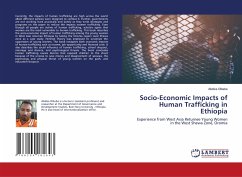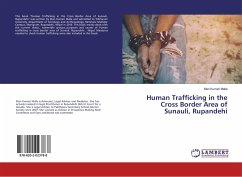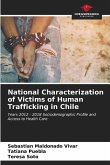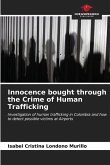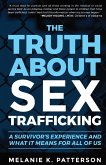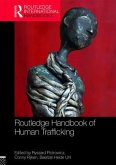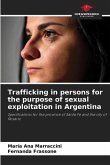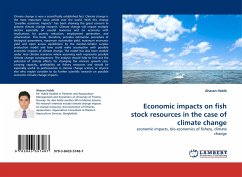Currently, the impacts of human trafficking are high across the world albeit different policies were designed to combat it. Further, governments are not working hard practically and jointly as they write strategies and programs on the paper to reduce the impacts women trafficking. Even though all people are victims of human trafficking, scholars agree that women are the most vulnerable to human trafficking. This book describes the socio-economic impact of human trafficking among the young women in West Asia returnee Ethiopia by taking the Oromia region west Shewa zone as a case study. Feminist theory was employed to scrutinize the oppression of young women. The book navigates both economic impacts of human trafficking such as income, job opportunity and financial crisis. It also describes the social influence of human trafficking, school dropout, marriage and divorce, and psychological threats. The book concludes human trafficking causes divorce that exposed children to the street because of the unwise to save money and disagreement of spouses, the psychology and physical threat of young women on the path, and education dropout.

